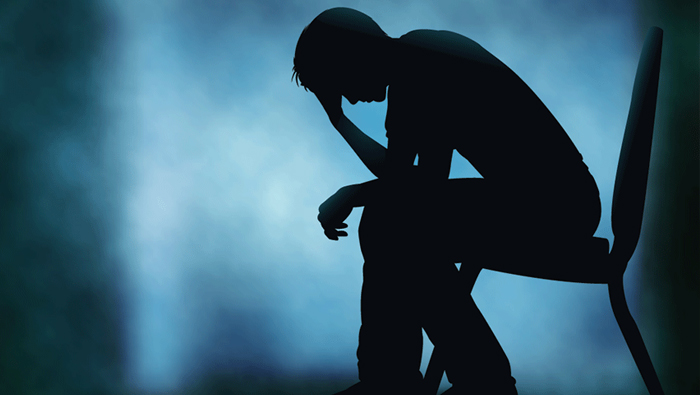
Muscat: With Mental Health Awareness Day being observed yesterday, mental health experts in Oman tried to spread awareness about the signs and symptoms people need to be mindful of with someone having such issues.
“Issues, such as stress, are not actually disorders, according to Dr. Hana Al Geilani, who works at the Whispers of Serenity Clinic.
Stress is a reaction
“Stress is not a mental health disorder. It’s a normal reaction to life pressure; depression is a mental health disorder and early signs include low mood, early morning awakening, (typically three hours before usual time) and reduced appetite.”
Depression is usually associated with sadness and a low mood, “There is sadness and there is a low mood associated with depression. Low mood associated with depression is present for at least two weeks, and is associated with symptoms, such as loss of motivation, and reduced concentration. One may feel that life is not worth living and that that they will always be depressed.”
When to seek the doctor
In such a situation, Al Geilani recommended that if one continues to feel low for two weeks or more and if they have any of the above the symptoms, they should visit a psychiatrist immediately.
Al Geilani also suggested that such people need to be supported and listened to.
“They should support them and allow them to have time off to heal and receive treatment. They should listen to the affected person and take pressure and responsibilities away from them as much as possible.”
Apart from stress and depression, there are other serious disorders, such as schizophrenia and bipolar disorders, and according to Dr. Roma Fernandes, clinical psychologist at the Whispers of Serenity Clinic, the earliest signs actually depend on a specific problem, because each disorder has its own onset and course.
Counselling
Sometimes people undergoing these troubles don’t even realise they have something. “Many disorders are such that the person is completely aware of their reactions and feel that they are completely behaving according to what they perceive as normal, but with medication and counselling, they reach to a point where they have insight into the problem,” Fernandes explained.
“It is very important after identifying some general symptoms to take such a person to be diagnosed by a psychiatrist or a clinical psychologist. Family members and the individual should not self-diagnose such issues.”
According to her, it is better that the one who is showing these signs visits a therapist at the earliest possible time.
“The earlier the better because it is always easier to treat a disorder during the early stages of onset, but people may feel it is just a phase in the person’s life and they will get over it, but if you feel that it is behaviour out of the usual, that probably needs to be checked to see if it may be the beginning of a mental health disorder.”
Fernandes added that family and work support is always really important, because people going through such disorders feel alone and neglected.
“It’s important not to isolate them and not to judge them for what they are going through as anybody can go through this, and rather than making them feel ashamed about it, support them so that they can get better soon.”